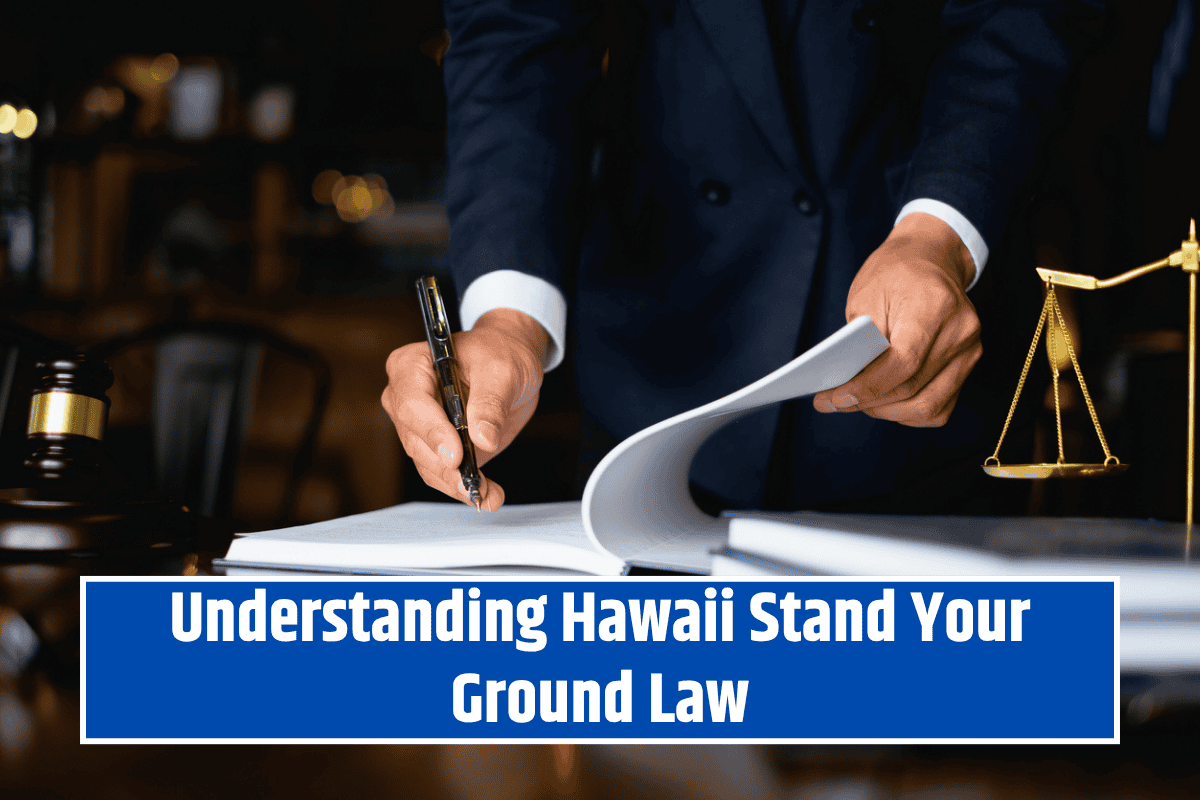Self-defense laws in the United States are designed to protect individuals who need to defend themselves or others from immediate danger. These laws permit the use of lethal force, like a weapon or causing death, in situations where someone believes it is necessary to prevent death or serious harm. However, these laws also aim to prevent unnecessary violence and encourage avoiding danger whenever possible.
The Role of Self-Defense Laws
While the law allows for the use of deadly force in extreme situations, it also encourages individuals to try to avoid violence if they can. This is why many self-defense laws specify that if a person can safely escape or walk away from a dangerous situation, they must do so. This rule helps prevent violence in cases where there is a safer option.
The Castle Doctrine: No Need to Retreat at Home
One important exception to the rule of retreat is the Castle Doctrine. This doctrine allows a person to stand their ground and defend themselves in their own home without needing to retreat. The idea behind the Castle Doctrine is that your home is your “castle,” a place where you should feel safe. Therefore, if someone threatens your life inside your home, you are allowed to defend yourself, even with deadly force, without having to try to escape.
What Are Stand Your Ground Laws?
Some states in the U.S. have laws known as “Stand Your Ground” laws. These laws remove the requirement to retreat, even in public places. This means that in certain states, if you feel your life is in danger, you can use deadly force, even if leaving the situation or using non-lethal force could have avoided the conflict.
These laws have become controversial. Critics argue that they could encourage more violence, particularly in public spaces. They worry that the laws could be misused and may lead to unnecessary harm, especially in situations where non-lethal solutions might have been available.
Hawaii’s Self-Defense Laws
In contrast to states with Stand Your Ground laws, Hawaii has a more traditional approach to self-defense. In Hawaii, individuals are legally required to attempt to retreat or leave the situation before using deadly force in public places. This means that if you are in a public place and someone threatens you, you can only use deadly force if you have no safe way to escape.
However, Hawaii follows the Castle Doctrine when it comes to self-defense inside your home. If someone breaks into your home and threatens you, you are allowed to use deadly force to defend yourself without the need to retreat.
Self-defense laws in the United States vary greatly from state to state, especially when it comes to the use of deadly force. While some states allow individuals to “Stand Your Ground,” others, like Hawaii, require individuals to try to retreat before resorting to deadly force in public places. Understanding the specific self-defense laws in your state is crucial for knowing your rights and responsibilities. Even though self-defense is legally protected, the law still encourages individuals to avoid violence whenever it is possible to do so safely.












Leave a Reply